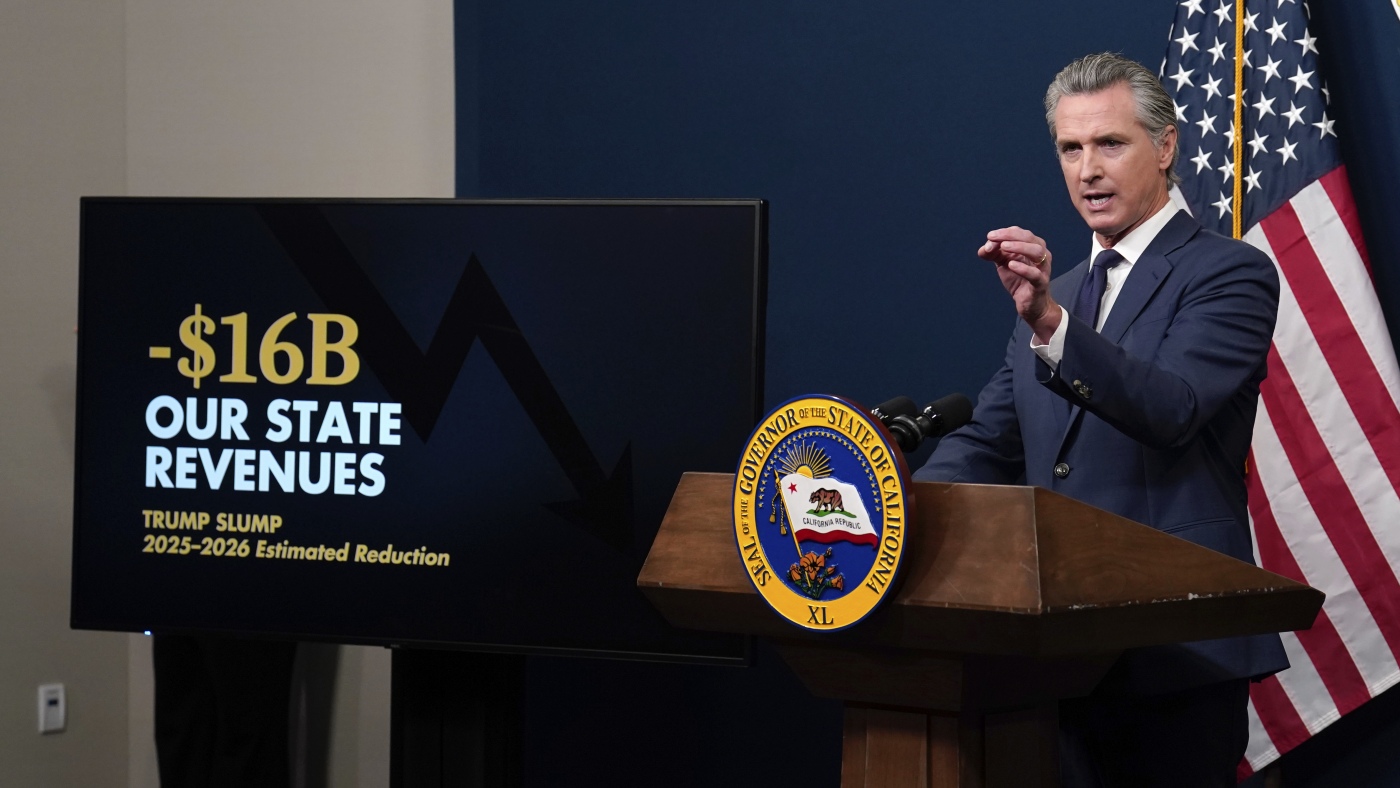Understanding the Shifts in Health Care Access for Undocumented Immigrants Under Democratic Leadership
The landscape of health care access for undocumented immigrants in Democratic-led states is undergoing a notable transformation. What was once a pathway paved with inclusivity and expansion is now marked by cautious retrenchment, driven by a blend of fiscal pressures, political discord, and evolving policy priorities. These developments create a nuanced tableau that demands careful examination to grasp their implications and future trajectories.
From Open Doors to Guarded Gates: Tracing the Policy Shift
In the earlier years of the decade, several Democratic governors and state legislatures championed efforts aimed at extending health care benefits to undocumented immigrants. Programs like California’s Medi-Cal expansion aimed to close significant gaps in health coverage, recognizing that ignoring a substantial population compromised the overall public health apparatus. These expansions echoed a broader progressive vision: health care as a universal right, not bound by immigration status.
Yet, this ambitious push met formidable headwinds. Economic strains, exacerbated by the pandemic and broader macroeconomic challenges, forced states to rethink the sustainability of such expansive programs. California’s recent decision to freeze new Medi-Cal enrollments for undocumented adults and introduce cost-sharing measures illustrates a pivotal shift. This new approach tempers universal access goals with pragmatic budgeting, reflecting a political calculus sensitive to fiscal realities and public sentiment.
Other states with Democratic leadership are mirroring this cautious stance, signaling that the ideal of comprehensive immigrant health care coverage is facing considerable pressure in practical terms.
Political and Fiscal Underpinnings: Why the Reversal?
The rollback in health care access is not merely a spontaneous policy change but rooted in a confluence of factors:
– Severe Budget Deficits: States like California confront multi-billion-dollar fiscal gaps. Budget tightening inevitably prompts scrutiny of non-traditional beneficiaries, positioning undocumented immigrant health benefits as a contentious line item.
– Federal Policy Instability: Federal decisions shape state policy avenues. Judicial obstacles constraining federal initiatives—such as blocking immigrant access to Affordable Care Act marketplaces—compound the uncertainty states face when designing inclusive programs.
– Heightened Partisan Dynamics: Republican opposition to immigrant health care benefits intensifies political polarization, complicating negotiations even in states where Democrats hold majorities. The contentious nature of immigration policy bleeds into health care decision-making, influencing the scope and feasibility of coverage expansions.
– Internal Democratic Dilemmas: Democratic leaders, balancing progressive ideals with practical governance, are caught between advocates urging inclusivity and demands emphasizing fiscal restraint and prioritizing native-born residents. These competing pressures create a dynamic policy tug-of-war.
The public disagreement between Governor Newsom’s proposal and former HHS Secretary Xavier Becerra’s criticism underscores the ongoing debate within the party itself, reflecting the absence of a monolithic stance on the issue.
Implications Beyond the Budget Sheet: Social and Health Consequences
Scaling back health coverage for undocumented immigrants resonates beyond ledger sheets, touching critical social and health dimensions:
– Community Health Risks: Restricting preventive and ongoing care raises the danger of untreated health conditions escalating into emergencies, increasing strain on emergency services and endangering public health, especially with transmissible diseases.
– Economic Hardships: Many undocumented immigrants work in low-wage sectors without access to employer-provided insurance. Loss of health coverage deepens vulnerabilities, affecting families’ well-being and reducing workforce capacity and productivity.
– Social Fractures: Cutbacks may inflame social tensions around immigration, stoking polarization and potentially leading to legal battles that drain resources and foster divisiveness within communities.
This web of consequences suggests that policy changes in this realm require more than fiscal consideration—they demand a comprehensive understanding of societal ripple effects.
Seeking Balance: Aspirations Versus Realities
California’s unfolding narrative provides a microcosm of the broader challenges at play. The initial idealism advocating for health care access irrespective of documentation status now contends with unyielding budget constraints and political opposition. This tension illuminates an inherent complexity: how to reconcile inclusive health policy goals with responsible fiscal stewardship.
Meanwhile, the contrast between national Democratic platforms championing broad immigrant health coverage and on-the-ground reversals at the state level reveals practical barriers in policy translation. Implementation is where political ideals confront economic and social realities, often necessitating compromises or recalibrated priorities.
Charting the Path Forward: A Delicate Crossroad
The recent shifts by Democratic governors mark a critical moment in the intersection of immigration, health care, and fiscal governance. Though universal access remains a noble vision, the current environment demands policies that are both compassionately inclusive and financially sustainable.
Crafting such balanced approaches will require nuanced dialogue involving diverse stakeholders, recognizing the intricate trade-offs without dismissing the human and community dimensions. How states choose to navigate this terrain will significantly shape the health outcomes and social fabric of communities containing undocumented immigrants.
The evolving story of health care access amid competing pressures serves as a powerful reminder: policy is rarely static or simple, but a reflection of the complex, often conflicting demands of governing diverse societies.
—
Stay ahead in clear, engaging English writing—master structure and style with expert editing tailored to your article’s needs.

